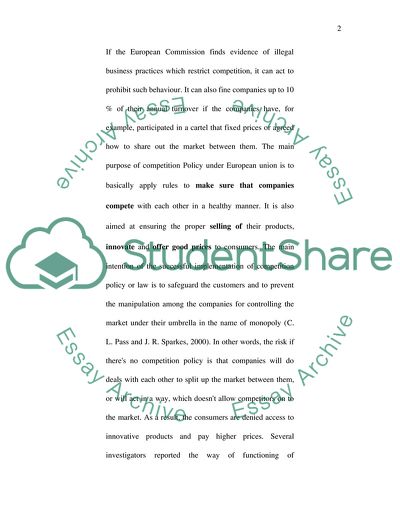Cite this document
(Key Aspects of Competition Law in the United Kingdom Literature review, n.d.)
Key Aspects of Competition Law in the United Kingdom Literature review. https://studentshare.org/law/1710421-competition-law-bmw
Key Aspects of Competition Law in the United Kingdom Literature review. https://studentshare.org/law/1710421-competition-law-bmw
(Key Aspects of Competition Law in the United Kingdom Literature Review)
Key Aspects of Competition Law in the United Kingdom Literature Review. https://studentshare.org/law/1710421-competition-law-bmw.
Key Aspects of Competition Law in the United Kingdom Literature Review. https://studentshare.org/law/1710421-competition-law-bmw.
“Key Aspects of Competition Law in the United Kingdom Literature Review”. https://studentshare.org/law/1710421-competition-law-bmw.


